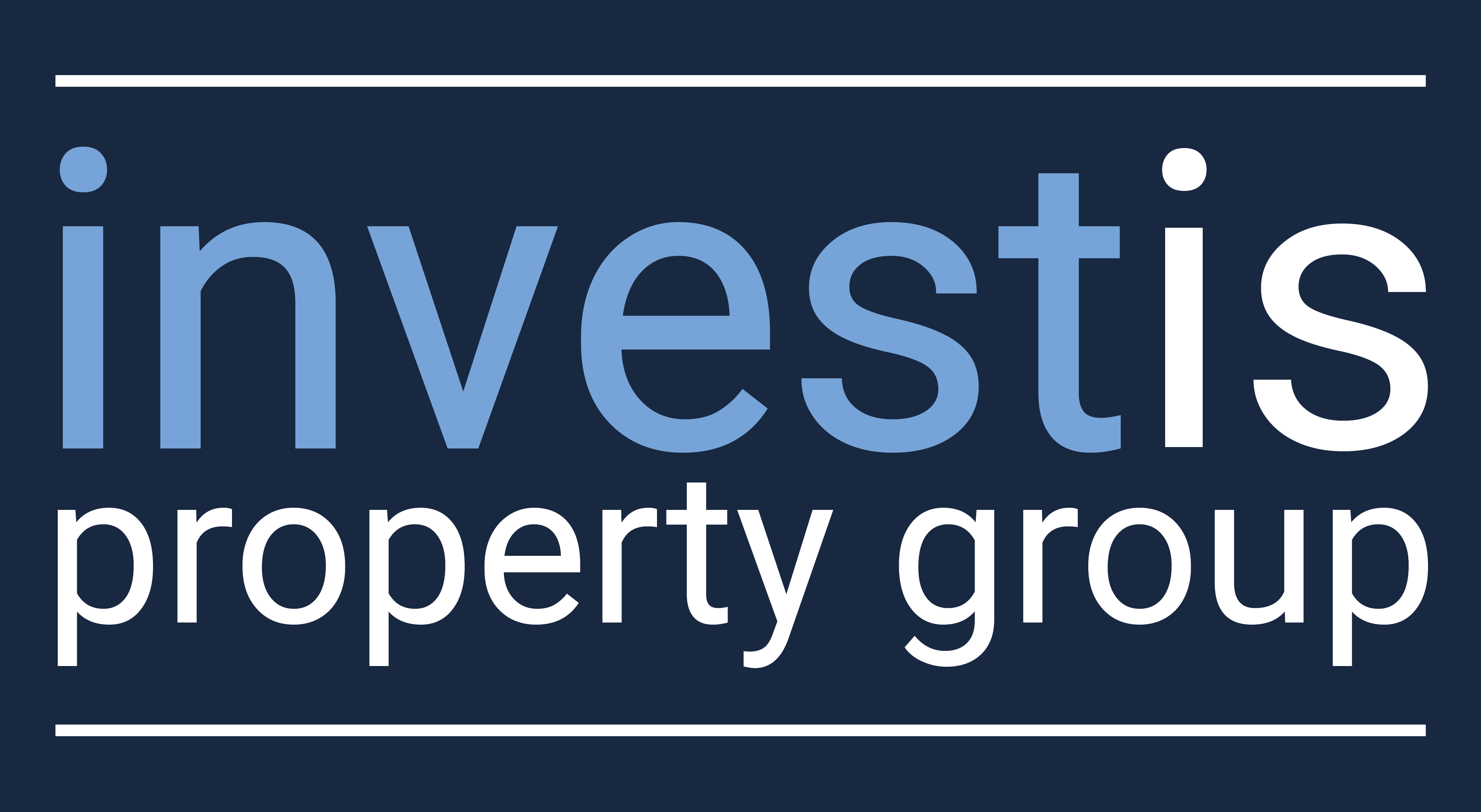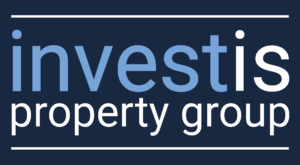- Less volatility – Property can be less volatile than shares or other investments.
- Income – You earn rental income if the property is tenanted.
- Capital growth – If your property increases in value, you will benefit from a capital gain when you sell.
- Tax deductions – You can offset most property expenses against rental income, including interest on any loan used to buy the property.
- Physical asset – You are investing in something you can see and touch.
- No specialised knowledge required – Unlike some complex investments, you don’t need any particular specialised knowledge to invest in property.
INVESTING IN PROPERTY
PROS AND CONS OF INVESTING IN PROPERTY
PROS
CONS
- Cost – Rental income may not cover your mortgage payments and other expenses.
- Interest rates – A rise in interest rates will mean higher repayments and lower disposable income.
- Vacancy – There may be times when you have to cover the costs yourself if you don’t have a tenant.
- Inflexible – You can’t sell off a bedroom if you need to access some cash in a hurry.
- Loss of value – If the property value goes down you could end up owing more than the property is worth.
- High entry and exit costs – Expenses such as stamp duty, legal fees and real estate agent’s fees.
COSTS OF INVESTING IN PROPERTY
WHAT TO CONSIDER WHEN BUYING AN INVESTMENT PROPERTY
WHAT IS A HIGH YIELD INVESTMENT PROPERTY?
What is yield and how do you calculate it?
For anyone who is considering buying an investment property, you will surely be interested in what return the property will give you – in other words, its yield.
Before seriously considering a property and adding it to a shortlist, most investors work out the yield on the property first. Yield refers to the measurement of a future income on an investment.
Although some investors buy property for other reasons – land banking, infrastructure potential or lifestyle reasons – most are only concerned with its current return and potential yield.
But before we take you through how to calculate a property’s yield, let’s first explain what all of the terminology means.
What is a high yield investment property?
Most property experts agree anything above 8% is a good return on investment / high yield investment property.
High yield properties allow investors to establish a steady stream of cash flow and ultimately build a lucrative multi-property portfolio as they consistently accumulate wealth and increase their equity. By investing in high yield properties, they minimise investment risk and make their portfolios more sustainable.
INVESTMENT TERMS
1. Real estate yield
A real estate yield is a measurement of future income on an investment. It is generally calculated annually as a percentage, based on the asset’s cost or market value. It has nothing to do with capital gain.
2. Gross rental yield
A gross rental yield is the income on an investment prior to expenses being deducted. For property, these expenses can be quite substantial, so there can be a huge difference between gross and net yield.
3. Real estate net yield
A real estate net yield is the income on an investment after expenses have been deducted. The costs and expenses will likely include purchasing and transactions costs, such as stamp duty, legal fees, pest and building inspections, loan start-up fees, advertising, and rent lost through vacancy.
There might also be repairs and maintenance costs, management fees, insurance, rates and charges. Most of the time, you won’t know the exact amount of these costs and will have to estimate them.
4. Return or total return yield
A return is the gain or loss made on an investment, over a specified period. It includes capital gains and is either expressed nominally, in dollars, or as a percentage derived from the ratio of profit to investment.
Unlike the property yield, the return is focused on the property’s past performance, rather than its future earning potential.
5. What is the difference between yield and return?
As explained in the definitions above, a yield is only based on rental income, whereas a return includes capital gains.
Both are generally used in the sales patter, but be sure to clarify the time periods associated with the statistics the agents provide – i.e. find out whether they are calculated on an annual basis – before determining whether the property’s a good investment.
Remember, too, that one is retrospective (return) and the other looks at the future (yield).
6. How do you calculate yield?
To calculate yield, you need to follow a few steps to get the property’s yield as an annual percentage.
Step 1: Deduct the property’s ongoing costs and costs of vacancy (i.e lost rent) from the property’s annual rental income (weekly rental x 51).
Step 2: Divide the result of the first step by the property’s value.
Step 3: And then, finally, you multiply the result of the second step by 100.
To calculate the gross yield: Annual rental income (weekly rental x 52) / property value x 100
To calculate the net yield: Annual rental income (weekly rental x 52) – annual expenses and costs/ property value x 100
7. Case study to calculate real estate yield
For example, let’s say you buy a property in 2020 for $450,000. You rent out the property for $375 a week, and have annual expenses totalling $2875 ($1,075 on lost rent and advertising, $600 on repairs and $1200 on insurance).
Your net yield would be = annual rent of $19,500 ($375 x 52) – annual expenses of $2875 / property value of $450,000 x 100 = 3.69%.
When you’re in the market for an investment property, you will notice agents dropping in comments on yields. What you have to be aware of is that most of them will be referring to the ‘gross’ yield and not the ‘net’ yield, as this provides a higher percentage.
So, be sure to ask which one they are quoting, before you decide to invest.
8. What should your investment rental yield be?
Your investment rental yield should be a reflection of a combination of your goals and financial circumstances.
Choosing an investment property isn’t an exact science, and there isn’t an ideal property yield to strive for, either.
A high rental yield will be good for your cash flow, but it doesn’t necessarily indicate the property will offer you a strong capital return in the long run – that’s determined by a whole host of factors.
For example, a large two-bedroom unit in inner Melbourne might command the same rent as a two-bedroom house in the same suburb but cost several thousand dollars less to buy. The former would have a higher rental yield and therefore be better for your short-term cash flow, but the value of the latter could increase by much more over the long term and offer a higher capital gain.
So, rental yield is a helpful measure – and there are ways to improve it – but it shouldn’t be the only measure you use when trying to pick out an investment property.
Ultimately, you’ll need to think about your goals and your financial circumstances when trying to choose the best property to invest in.
So, be sure to ask which one they are quoting, before you decide to invest.
9. What does a ‘hard’ or ‘soft’ yield mean?
A soft yield is means a yield is increasing and hard yield is when the yield is falling or reducing. The difference between both depends on what’s happening in the market.
Demand for property drives property prices up, and this can affect the yield of your investment property.
The more prices go up, the lower your rental income as a percentage of the property value becomes.
When you hear people talking about yields hardening, they mean that the yield is falling or reducing, as a result of property prices increasing; softening yields, meanwhile, means the yield is increasing.
So, be sure to ask which one they are quoting, before you decide to invest.
AUSTRALIAN TAXATION OFFICE (ATO) – HOW TAX WORKS FOR INVESTMENT PROPERTIES
Residential Rental Properties
If you rent out property, you need to:
- keep records right from the start
- work out what expenses you can claim as deductions
- work out if you need to pay tax instalments throughout the year
- declare all rental-related income in your tax return
- consider the capital gains tax implications if you sell.
If you have an investment property that isn’t rented or available for rent, such as a holiday home, then you generally can’t claim deductions because it doesn’t generate rental income.
Guide for Rental Property Owners
This guide explains how to treat rental income and expenses,
including how to treat more than 230 residential rental property items

